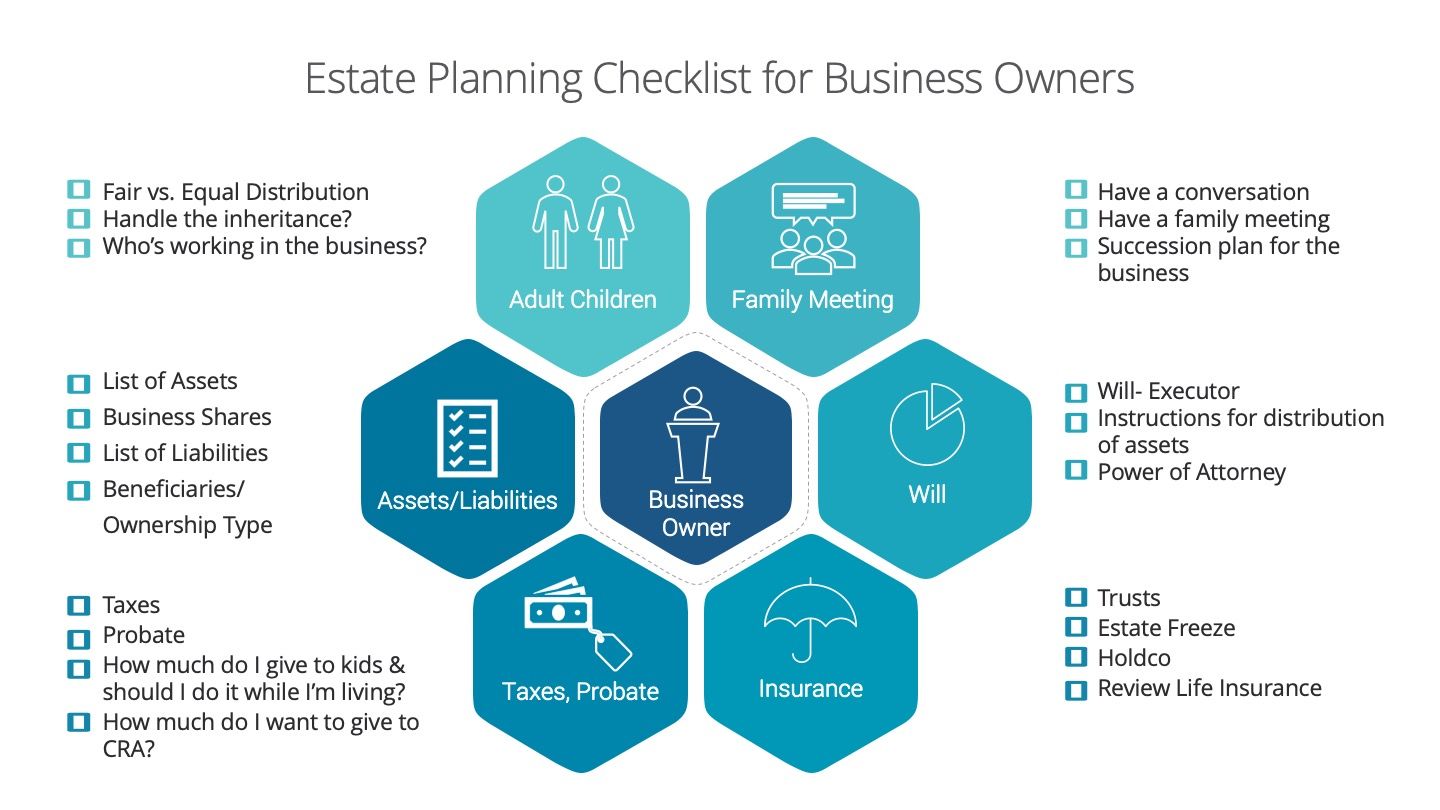
Estate planning is a crucial consideration for all individuals, but for business owners, it becomes an even more intricate process. Ensuring the smooth transition of your business and preserving your hard-earned assets requires careful estate planning strategies. This article will guide you through the essential steps and considerations every business owner should address to secure their business’s future.
1. Start with a Clear Vision
Before diving into the intricate details, it is vital to have a clear vision for the future of your business after you retire or pass away. Consider your desired outcomes and legacy. Will you pass the business down to a family member, sell it to a partner, or seek an external buyer? Having a clear plan in mind will help shape your estate planning decisions.
2. Determine Your Business’s Value
Assessing the value of your business is an essential step in ensuring an accurate distribution of your assets. Engage professionals such as accountants or business valuators to obtain an unbiased valuation that considers factors like revenues, assets, and market conditions. This will help determine the fair market value of your business upon succession.
3. Construct a Succession Plan
A comprehensive succession plan ensures a smooth transfer of your business and prevents any potential conflicts or disputes. Identify potential successors within your business or family, evaluate their qualifications and intentions, and choose the most suitable candidate. Establish a structured timeline for succession, ensuring adequate training and preparation for the successor(s).
4. Consider Tax Implications
Estate taxes can pose significant challenges for business owners. Work with a tax professional to understand the tax implications your estate may face upon your exit. Explore strategies like gifting shares, setting up trusts, or utilizing exemptions to minimize potential tax burdens while transitioning your business.
5. Protect Your Key Employees
Recognize the importance of your key employees, as they contribute to the success and continuity of your business. Consider implementing employee retention plans, such as employee stock ownership plans (ESOPs) or non-compete agreements, to incentivize their loyalty and safeguard your business during the transition period.
6. Obtain Adequate Insurance
Insurance plays a critical role in estate planning for business owners. Consider obtaining life insurance policies to provide liquidity for your estate, ensuring the smooth transfer of assets and proper compensation for your beneficiaries. Evaluate your business insurance policies as well, considering factors like key person insurance or buy-sell agreements to protect against unforeseen events.
7. Create a Will and Trusts
Having a well-structured will is fundamental for distributing your personal and business assets. Consult an attorney experienced in estate planning to draft a legally sound will that aligns with your wishes. Additionally, explore the benefits of establishing trusts, such as revocable or irrevocable trusts, which provide added control and flexibility in managing your estate.
8. Communicate Your Plans
While estate planning may involve sensitive topics, effective communication is vital to avoid confusion or conflict in the future. Clearly communicate your plans and intentions to your family members, business partners, and potential successors. Encourage open discussions and consider involving a neutral facilitator if necessary to ensure everyone understands and respects your decisions.
Conclusion
In summary, estate planning for business owners is a multi-faceted process that requires meticulous attention to detail. By starting with a clear vision, assessing the value of your business, constructing a succession plan, considering tax implications, protecting your key employees, obtaining adequate insurance, creating wills and trusts, and maintaining open communication, you can safeguard your legacy and ensure the continued success of your business for generations to come.